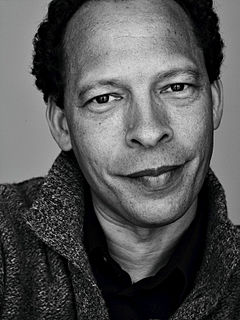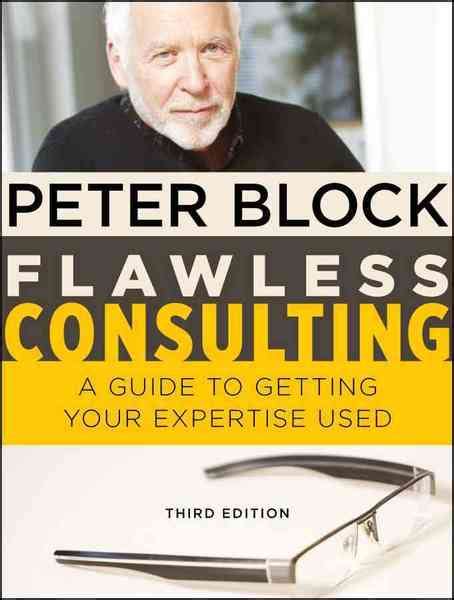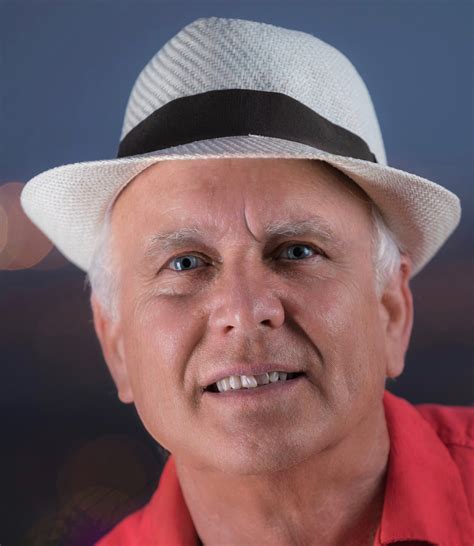A Quote by Lawrence Hill
To gaze into another persons face is to do two things: to recognise their humanity and to assert your own.
Related Quotes
I like stories where people have to face some big demons internally. It always seems to be an element of horror, because it's pretty scary to have to face yourself and the things you're most worried about: your own abilities and your own capabilities and your own level of competence in being a hero.
I discovered that resolution of conflict comes from people being able to express their own feelings and their own needs in the face of another. Making agreements and setting goals without building upon the feelings of the parties involved is empty, because it does not consider the vulnerabilities of our own humanity.
I work alone. Humans are incredible, because when you come alone, they will receive you, they accept you, they protect you, they give you all things that you need, and they teach you all things you must know. When you come with two persons or three persons, you have a group in front of them. They don't discuss with the new persons what is important to them.






































